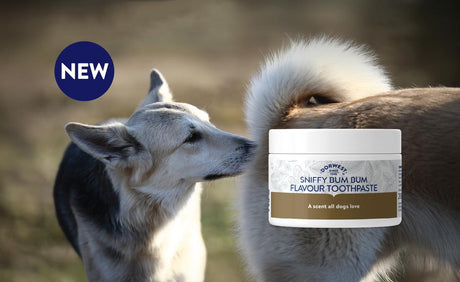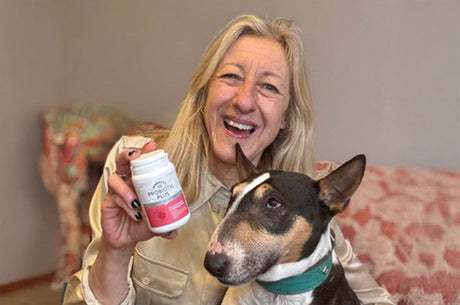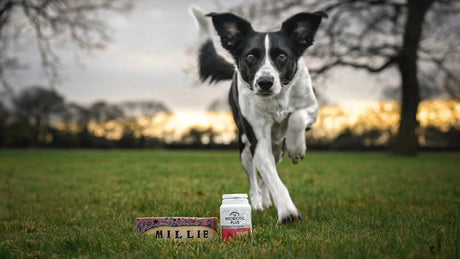Whether it’s piping hot or a touch cooler this Summer certain problems with our pets often arise. We have therefore put together some herbal tips to help combat these common problems, which we hope you find useful and informative.
Fleas and ticks
Preventing fleas and ticks is an age-old battle. The population of both these parasites rise during the warmer months with increased breeding. The bites of fleas can irritate and often cause allergic reactions in pets and ticks can pass disease, the most common of which is Lyme disease. As with most things, prevention is better than cure and keeping on top of the problem with a herbal routine can be very effective alongside over the counter medications if needed. Garlic and Pennyroyal are two of the herbs that are great deterrents and provide a hostile environment for parasites. Garlic Tablets are often used on a daily basis to keep up the effective level for prevention and if needed can be used at a double dose during periods of severe infestation. Remember to wash your pet’s bedding regularly at this time of the year too, to make sure there are no flea eggs or other nasties lurking there. Mint has been used throughout history to prevent and deter parasites because of its strong minty aroma, and although it must not be given internally, it is very effective for pets when used externally, such as in our Clean & Fresh Shampoo.
Itchy skin
High pollen counts and an increase in temperature can cause pets to suffer from sometimes debilitating skin conditions. These can range from a mild localised irritation to an extreme allergic reaction. Herbal help is on hand with several herbal products to use depending on the condition and the severity - such as our herbal supplements (Garlic & Fenugreek Tablets and Green Releaf®) used for more persistent irritation or minor infection, containing parsley, watercress, celery seeds, fenugreek and garlic, all of which have antibiotic and anti-inflammatory properties. Also, you can add fresh spinach, dandelion, parsley and watercress to the feed but remember to put it through a blender or food processor first to break it down – or use our Easy-Green powder which contains these important plants. Externally using our new Soothe & Calm Shampoo, which contains lavender and glycerine, it will calm the skin and provide soothing relief. For sore places our Skin Balm is invaluable to have on hand to help with healing. Alongside herbal treatments, diet and environment can also play a role. A plain diet that is as natural as possible is advised. Try to ensure your pet is kept in a cool part of the house which is also as dust-free as possible to help reduce any further irritation. Dust can be a carrier for dust mites which are a very common allergen in both dogs and cats. For more reading on how to manage skin conditions read our leaflet
Insect stings
With the increased amount of insects in the summer your pet can become more likely to becoming stung or bitten. The most common is a wasp or bee sting and young dogs and cats are particularly likely to suffer from these – until they learn to keep away! Stings to the face, mouth and throat can be more serious than those elsewhere on the body because if the throat or airway becomes swollen it can be difficult for your pet to breath. If your pet receives a sting it is best to apply ice to the area to reduce swelling, ice cubes or even a bag of peas will suffice, always wrap these in a towel and do not apply directly to the skin. If the sting stays red and painful for longer than a few hours consult your vet. For bites which sting and itch a homeopathic remedy which is often used is Urtica Urens 30C, this is also very effective for nettle rash. Some animals can be allergic to these stings in the same as humans can, and this may lead to an anaphylactic shock which is extremely serious and affects the whole body, if this happens the animal should be taken to the vet immediately.








